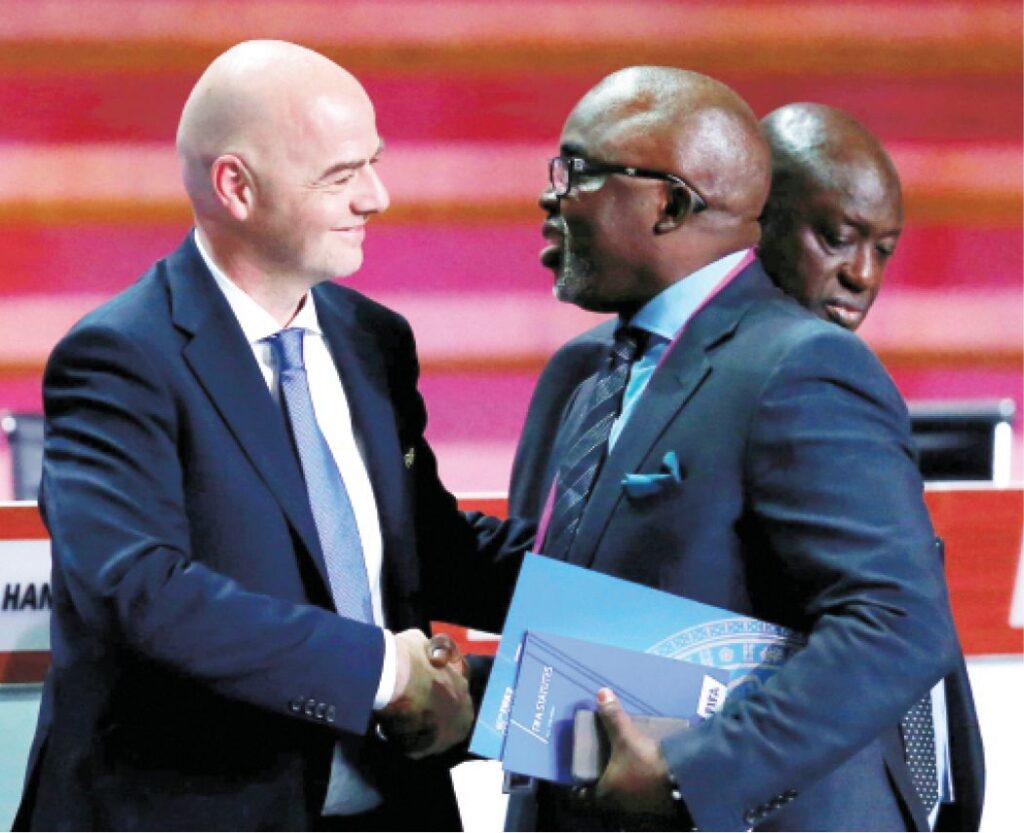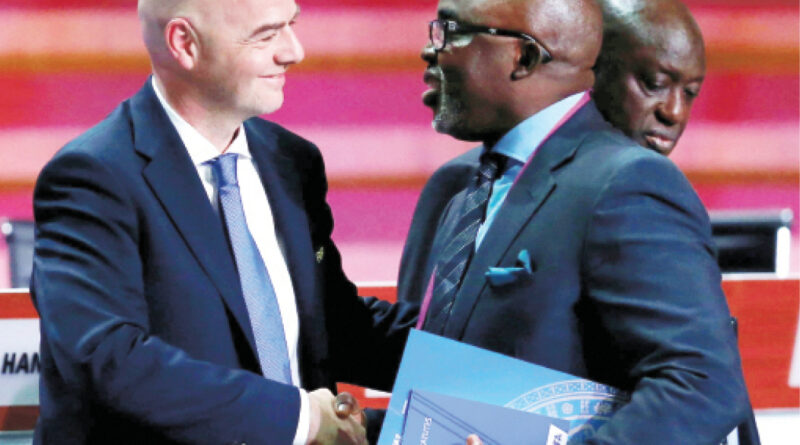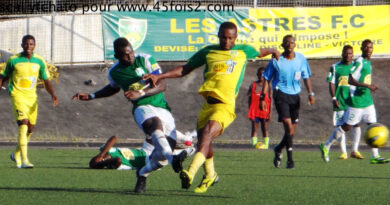Battle for FIFA council seats: Amaju Pinnick, the Man amongst men


With the FIFA Council seats up for grabs during the next CAF elections slated for March 12, 2025 in Cairo, Egypt, Nigeria’s Amaju Pinnick will be one of the 10 candidates to battle for the six tickets at stake.
As the race for a coveted FIFA Council seat intensifies, Nigerian football administrator Amaju Pinnick has emerged as a formidable force, defying the odds despite the formal endorsements of Andrew Kamanga and Souleiman Hassan Waberi by the Council of Southern Africa Football Associations (COSAFA) and the Council for East and Central Africa Football Associations (CECAFA).
While these regional blocs have officially thrown their weight behind Kamanga and Waberi, the election dynamics suggest that Pinnick’s influence and extensive alliances across Africa are shaping the contest in his favor.
Unlike a traditional bloc vote, where endorsements dictate outcomes, individual football associations retain the autonomy to vote based on their interests—a factor that has significantly bolstered Pinnick’s standing.
Highly respected within global football circles, Pinnick’s track record in CAF and FIFA governance, his strategic diplomatic engagements, and his visionary approach to football administration have positioned him as a front-runner. Sources indicate that despite COSAFA and CECAFA’s backing of other candidates, at least 18 associations within these blocs are inclined towards Pinnick according to sportglitz.com sources, reflecting his deep-rooted influence beyond regional endorsements.
Beyond Southern and East Africa, Pinnick enjoys overwhelming support in West and North Africa, where he has long-established strong alliances.
His ability to unify diverse football interests, navigate complex political landscapes, and drive progressive reforms has made him the candidate of choice for many associations seeking dynamic and globally connected leadership at FIFA.
As the election approaches, Pinnick’s broad-based appeal continues to disrupt traditional power structures in African football politics. Whether regional endorsements will dictate the outcome or Pinnick’s far-reaching influence and credibility will secure him victory remains the defining question in the coming days.
One thing is certain, this race is far from predictable, and Pinnick’s momentum signals a potential shift in the balance of power within African football.




